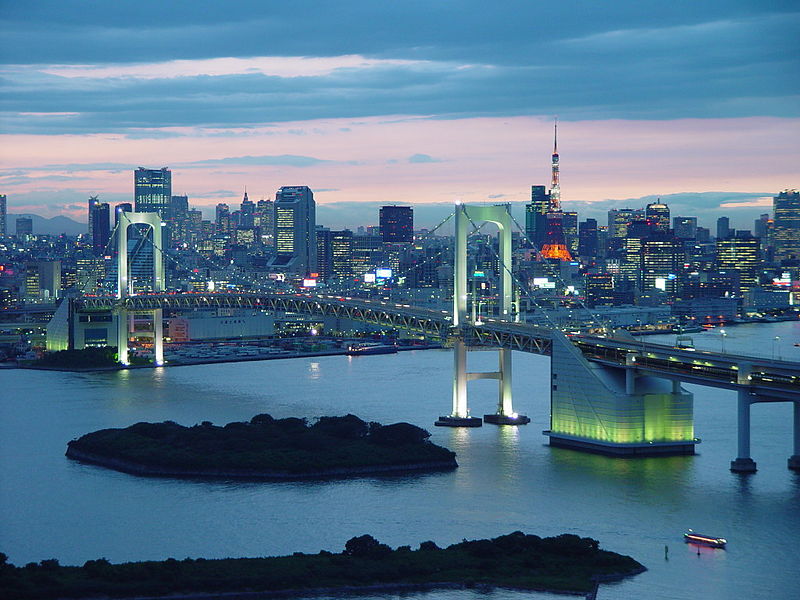Drum beat grows louder for nuclear restart in Japan


As I've been noting here in recent months, Japan will have to restart many of its idled nuclear reactors if it is to reverse the economic and environmental difficulties triggered by its decision to shut down almost all of them after the 2011 Fukushima disaster.
Politicians including recently elected Prime Minister Shinzo Abe, as well as Japanese economists, have all said as much.
Now, an expert on Japanese business is also pushing for the country to return to nuclear, which before Fukushima had provided about 30 percent of the nation's electricity.
Writing for Bloomberg, professor Ulrike Schaede from the University of California San Diego notes that the country is running up a massive trade imbalance by importing fossil fuels to replace the output of the 48 reactors - out of a total of 50 - that Japan has switched off. That's not news to anyone who has been following the situation, but what I particularly like about Schaede's analysis is her description of how Prime Minister's Abe's grand economic recovery plan cannot work without nuclear power.
So-called "Abenomics" devalues the country's currency, the yen. Since Abe took office in late December, the yen had fallen by nearly 19 percent at one point in May (it has bounced a little down and up since then). That makes Japanese manufactured goods more affordable to consumers abroad. But the flip side is also true: The devalued yen makes the huge spike in fossil fuel imports even more expensive than it already had been. Again, we knew that, but Schaede provides an eye-opening numerical insight when she notes:
"Looking just at the four biggest categories (oil, liquefied natural gas, coal and liquefied propane gas), the monthly value of Japan’s energy imports jumped from 1.4 trillion yen (before March 2010) to 2.2 trillion in March 2013. In March, that was about $17 billion; now add 20 percent in exchange-rate shifts to get $22 billion per month."
To equate that to a hypothetical residential bill: A home owner who was paying $1200 annually for electricity a couple years ago (note that Schaede's reference to 2010 should possibly read 2011) would now be paying somewhere around $2400 if you add a 19-or-20 percent currency devaluation.
The average ratepayer would find that tough, just as Japan is. With the air conditioning season around the corner, watch for Abe to soon announce a partial nuclear restart.
Photo from Cors via Wikimedia.
More Japanese nuclear on SmartPlanet:
- Japan lawmakers push for nuclear restart
- Realpolitik: Japan trades nuclear tech to Middle East in exchange for oil
- Turning Japan’s nuclear past into its future
- Just a partial nuclear restart would save Japan $20 billion
- Shares surge as Japan’s new leader looks to revive nuclear
- The shortest route: Russia ships gas to Japan via Arctic
- The economic case for nuclear power in Japan
- Fukushima utility: We could have prevented nuclear meltdowns
- Nuclear or not to nuclear: Japan struggles with the question
- How to avoid a nuclear meltdown: question authority
- From Fukushima’s home country: Nuclear will double
- Nuclear down, CO2 up in Japan, Germany
- Fukushima’s lesson: ‘Alternative’ nuclear, not ‘no’ nuclear
This post was originally published on Smartplanet.com